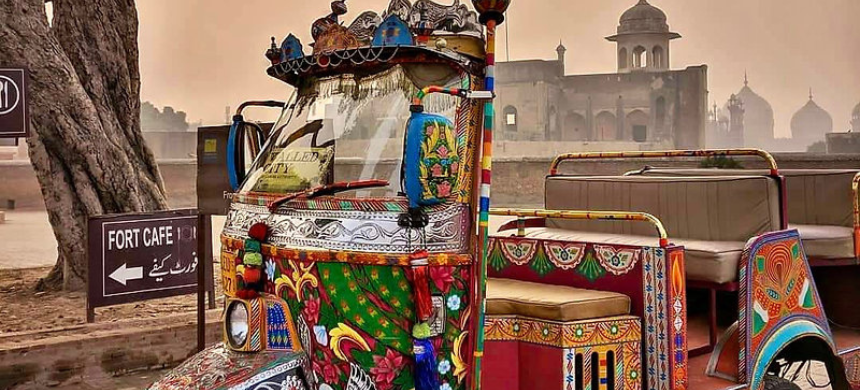Lahore High Court Orders Closure of Chingchi Rickshaw Factories Amid Pollution Concerns
The Lahore High Court has directed the shutdown of Qingqi “Chingchi” rickshaw manufacturing units in a decisive move to tackle growing pollution in the city. Justice Shahid Karim, presiding over the hearing, stressed that the production of these vehicles must cease unless properly regulated.
Environmental and Safety Concerns
Officials from the Environmental Department confirmed to the court that the unregulated production of Chingchi rickshaws is contributing significantly to air pollution. The court ordered the closure of all such factories within three months unless they meet regulatory standards.
Read More: Punjab Government Officially Introduces Electric Rickshaw
Supporting the decision, the Chief Traffic Officer (CTO) cited a recent fatal accident involving a Chingchi rickshaw, reinforcing safety concerns surrounding these vehicles.
Addressing Protests and Traffic Chaos
Justice Karim also took notice of prolonged protests on Lahore’s Mall Road, which have caused widespread traffic disruptions. He directed authorities to engage with protesters and shift demonstrations to less disruptive locations. The court criticized the closure of major city roads during high-profile events like the Pakistan Super League (PSL), stating it creates a negative image of the city’s security situation.
While acknowledging the importance of robust security, Justice Karim highlighted that unnecessary roadblocks contribute to traffic congestion and elevate pollution levels, especially with the looming heatwave.
Urban Management and Legislative Needs
The CTO briefed the court on ongoing measures to improve urban security and traffic flow, including proposals to revise wardens’ allowances and curb street begging. Justice Karim urged legislative backing to formalize these efforts and directed the Environmental Department to utilize only new, eco-friendly vehicles for environmental regulation tasks.
The court’s firm stance underscores the need for sustainable urban planning, improved traffic management, and stricter environmental enforcement to ensure Lahore’s livability amid growing climate challenges.











